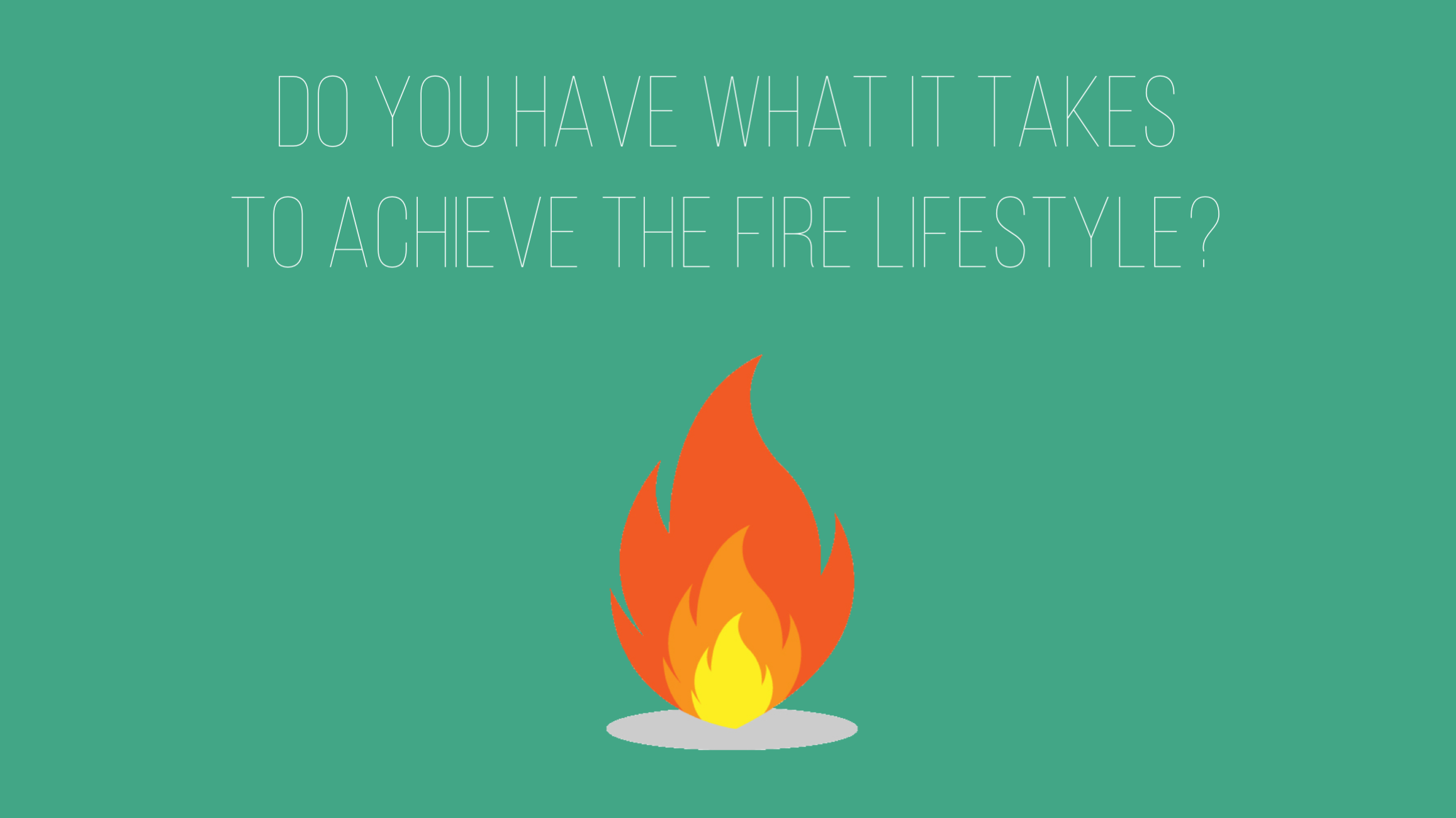Here's what we can learn from behavioral economics
/I am starting a brand new series on prosperlyway focused on one of my favorite topics: Behavioral Economics.
This is Part 1! Learn why we love free stuff so much here in Part 2.
The science of behavioral economics
First of all, what am I talking about? To put it simply, behavioral economics is the study of economic decision-making with a twist of real-life human behavior and tendencies.
The traditional study of economics makes a highly simplifying assumption: that all humans carefully analyze the cost-benefit of each of their choices. In two words, economists assume that people are perfectly rational. If you can name a single perfectly rational human being, let me know!
Behavioral economics seeks to answer why people's real-life choices often do not conform to traditional economic theories.
Why is behavioral economics one of my favorite topics? Well, it's partially because I loved studying psychology in school.
But primarily, it is because of its practicality. The more I read, the more I start to catch myself in everyday instances of irrationality. This heightened awareness helps me think through situations with a clearer mind.
And in today's increasingly distracting and fast-paced world, it is important to make decisions from many perspectives.
I believe that learning about human biases, tendencies, and behaviors is one of the most effective ways to improve our decisions related to money, time, and relationships.
Let's take a look at an interesting and counter-intuitive discovery from Dan Ariely, the James B. Duke professor of psychology & behavioral economics at Duke University.
How expectations can influence sensory experience
If someone handed you a beer and balsamic vinegar, would you add a few drops to improve the taste? Most people, when presented with that very conundrum, would say something along the lines of "hell no."
But what if you tasted the beer with balsamic vinegar unknowingly, and then had the chance to add a few drops to a fresh beer? Do you think your answer would change?
The rational answer is no. It shouldn't matter—either you will like beer with balsamic vinegar, or you won't. Simple as that. Therefore, most people would not choose the balsamic vinegar in either situation, right?
It turns out that expectations play a bigger part of our sensory experience than most realize.
Dan Ariely specializes in running experiments just like this one.
In this experiment, he offered students two beer options: (1) a regular/plain beer or (2) the same beer containing two drops of balsamic vinegar per ounce. What were his findings?
- Those who were told the truth about the balsamic vinegar overwhelmingly preferred the regular beer.
- But those who tasted the two beers blind overwhelmingly preferred the beer with the added balsamic vinegar.
- This tells us that the framing/expectation impacts the way we experience the taste. If someone tells you ahead of time about a strange combination, you are more likely to agree that it is strange.
Which one has balsamic vinegar in it? Trick question. I have no idea.
He then took the experiment one step further.
The participants tasted the two beers first (recall that the majority preferred the balsamic vinegar brew) and then Ariely told them about the balsamic vinegar. Did they change their mind about which they liked better?
Nope, most participants stuck with their original preference. Many even chose to add balsamic vinegar to a fresh beer after learning about it! I still think it sounds weird, but I can't say I've tried it.
Why does this happen? An MRI study of the age-old Coke vs Pepsi challenge helps us understand.
In a blind taste test of the two sodas, the area of the brain known as the Ventromedial Prefrontal Cortex is activated for both. But when the participant knew that they were tasting Coke, the Dorsolateral Prefrontal Cortex (an area associated with higher-level cognitive reasoning) was also activated.
Therefore, we can see that the knowledge of the Coke brand actually altered the experience physically!
A real life example
Many of us probably think we know exactly what products we like. Let's think about an everyday shopping experience.
- Scenario 1: You randomly find a jacket and you really like it.
- Scenario 2: A salesperson introduces the brand of that same jacket to you before you see it. And of course, it's a brand that you do not like!
- Would your opinion of the jacket change?
This research indicates that you would not like the jacket in the second scenario, despite it being the very same jacket!
Lessons we can learn
- Knowledge and expectations influence our sensory experiences. Not just shape our perception of experiences, but actually alter them.
- An expectation of something good/bad could become a self-fulfilling prophecy.
- Expectation may be even more important than the actual quality of an experience or product.
- A great experience or product could get hidden by lackluster presentation, design, or marketing.
















Is Lasik surgery a good investment? I have (well, I had) terrible vision. When I'm not wearing my contacts or glasses, I can't tell how many fingers you're holding up from 3 feet away. Now I can see perfectly. The outcome has been miraculous. But is it a worthwhile financial investment?